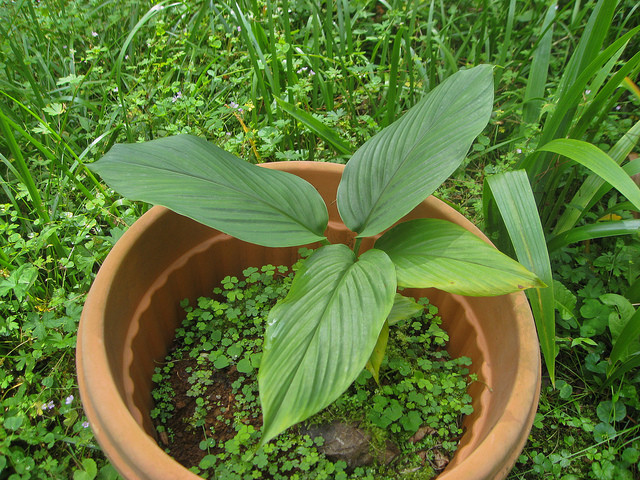Turmeric for RA Symptom Relief
Arthritis, in general, refers to joint inflammation – which causes swelling and pain. Rheumatoid Arthritis (RA) is different from other types of arthritis because the joint inflammation occurs on both sides of the body – both elbows, both knees, both wrists, etc. Overall, one percent of the population is affected by RA, but it’s safe to assume that 100% of those that suffer from RA want relief.

There are a number of treatment options for Rheumatoid Arthritis, including medications, physical therapy, and exercise. In more severe cases, surgery might be necessary to reduce pain and control inflammation. In all cases, the earlier the treatment is administered after diagnosis, the better the results. In some instances, progression of the disease can be slowed down or stopped altogether.
What is Turmeric?
A bright yellow spice called turmeric has been gaining recognition in the rheumatology field for its positive effects on RA symptoms. Known as “Indian Saffron,” turmeric comes from a tall plant that grows in India and Indonesia; the spice is related to the ginger family. This yellow-colored spice is usually the main ingredient in curries and mustards; however, it’s the active ingredient in turmeric that is known for easing Rheumatoid Arthritis symptoms – curcumin.

Curcumin is the essence of pain relief when taking turmeric to ease RA symptoms. Curcumin is known as an anti-inflammatory and antioxidant. Studies have shown that while curcumin is helpful at reducing joint inflammation, one of its strongest attributes is preventing joint inflammation.
A meta-analytic study of the effects of turmeric on treating arthritis has been conducted; findings concluded that turmeric does significantly reduce pain and joint inflammation associated with rheumatoid arthritis.

Other small research studies have shown that turmeric had a greater effect on joint pain and swelling reduction than NSAIDs when treating rheumatoid arthritis. In addition, turmeric’s effects are shown to have long-term improvements in rheumatoid arthritis symptoms over more short term “fixes.”
How to Take It
Turmeric can be taken by capsule or by ingesting the ground root. By capsule, the most common dose of turmeric supplements for rheumatoid arthritis sufferers is 500mg twice a day. To capture turmeric in powder form, take the stem of the plant, boil it, dry it, and ground it into powder.

There are a variety of ways to ingest the powdered form of turmeric. Some of the most common forms are by using it as a spice when cooking or by drinking turmeric tea. There are a number of recipes that can be found using turmeric. Turmeric teas can be bought in the store or online.
When ingesting turmeric, it’s best to add black pepper – as it improves the absorption of the turmeric in the body. Most turmeric supplements have black pepper as an added ingredient for this reason.
Side Effects
In order to see the effects of turmeric, a high quantity of the substance needs to be ingested. Although research has shown the body to be capable of ingesting larger amounts of turmeric, ingesting too much of it can cause a variety of side effects. Some of the most common side effects associated with turmeric include:
- diarrhea
- nausea
- indigestion
- ulcers (in extreme cases)
In some rare cases when turmeric is ingested in very large amounts, it can create an iron deficiency.
No research has indicated long-term adverse or toxic effects of turmeric use.
Warnings and Precautions
In most cases, turmeric is safe to ingest – in cooking and in supplement form. Though, some individuals should avoid the use of turmeric, or at least consult with a doctor prior to taking.
If you are pregnant or breastfeeding, it is okay to eat foods with turmeric; however, it is not suggested to take turmeric supplements or to ingest turmeric in high doses.

Because turmeric can interfere with certain medications, it’s best to let your doctor know if you have any of the following conditions:
- gallbladder disease (turmeric can worsen the condition)
- diabetes (turmeric can lower your blood sugar)
In high doses, turmeric can act as a blood thinner, so it’s best to consult with your doctor if you are taking blood thinners for any type of condition.
